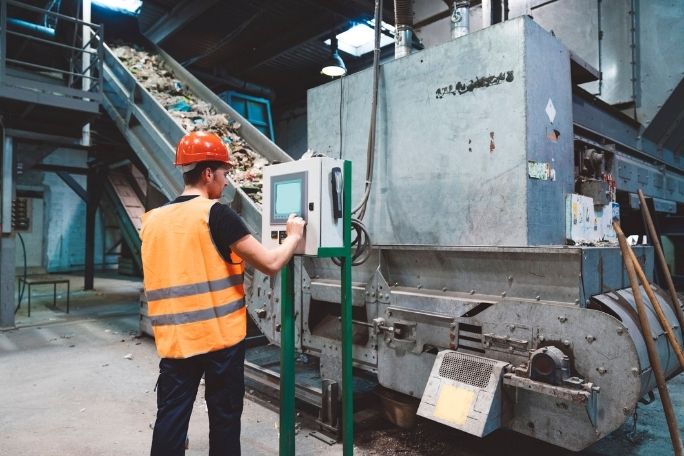Lesson summary
In this lesson, students will explore steps that other schools have taken to increase their recycling and reduce landfill. Students then solve mathematical problems related to the number of items recycled to refine their understanding of the four mathematical processes (addition, subtraction, multiplication and division).
Learning intentions:
Students will...
- be able to apply mathematical processes to solve problems presented to them
Success Criteria:
Students can...
- determine whether to add, subtract, multiply or divide to solve a problem
- solve simple mathematical equations
Lesson guides and printables
Lesson details
Curriculum mapping
Australian curriculum content descriptions:
Year 3 Mathematics:
- Apply place value to partition, rearrange and regroup numbers to at least 10,000 to assist calculations and solve problems (ACMNA053).
- Recognise and explain the connection between addition and subtraction (ACMNA054).
- Recall addition facts for single-digit numbers and related subtraction facts to develop increasingly efficient mental strategies for computation (ACMNA055).
- Recall multiplication facts of two, three, five and ten and related division facts (ACMNA056).
- Represent and solve problems involving multiplication using efficient mental and written strategies and appropriate digital technologies (ACMNA057).
Syllabus outcomes: MA2‑1WM, MA2‑2WM, MA2‑3WM, MA2‑4NA, MA2‑5NA, MA2‑6NA.
General capabilities: Numeracy.
Cross-curriculum priority: Sustainability OI.8.
Relevant parts of Year 3 achievement standards: Students recognise the connection between addition and subtraction and solve problems using efficient strategies for multiplication. They recall addition and multiplication facts for single-digit numbers. Students correctly count out change from financial transactions. They continue number patterns involving addition and subtraction.
Unit of work: Visy Education – Primary Mathematics.
Time required: 50 mins.
Level of teacher scaffolding: Medium – some students may require teacher support.
Resources required
- Student Worksheet (printed, one per student)
- Device capable of presenting a video to the class
Skills
This lesson is designed to build students’ competencies in the following skills:
- Community engagement
- Ethical understanding
- Problem solving
Additional info
This lesson has been developed in partnership with Visy. For over 70 years Visy has been committed to finding sustainable solutions for Australia and New Zealand’s recyclables and helping to reduce local landfills. Visy collects, receives and sorts paper, cardboard, glass, plastics, steel and aluminium from households, businesses and schools with the purpose of reusing these products in the re-manufacture of new packaging products.


Welcome back!
Don't have an account yet?
Log in with:
By signing up to Cool.org you consent and agree to Cool's privacy policy to
store, manage and process your personal information. To read more, please see
our privacy policy here(Opens in new tab).
Create your free Cool.org account.
Many of our resources are free, with an option to upgrade to Cool+ for premium content.
Already have an account?
Sign up with:
By signing up to Cool.org you consent and agree to Cool's privacy policy to
store, manage and process your personal information. To read more, please see
our privacy policy here(Opens in new tab).